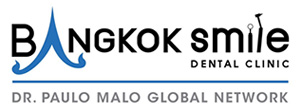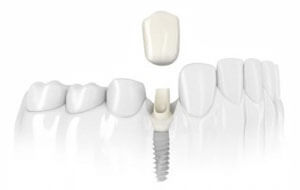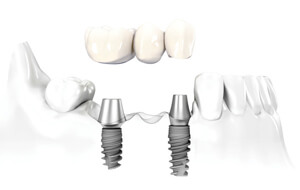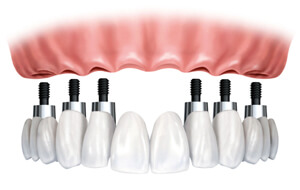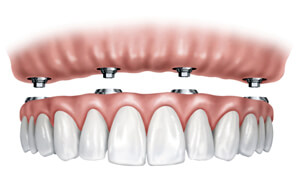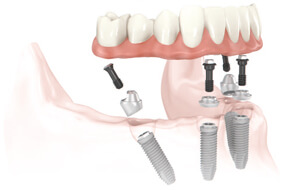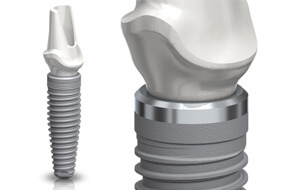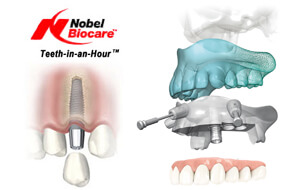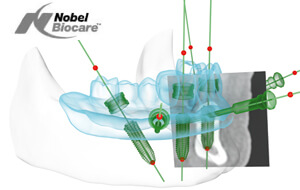Guided Surgery with NobelGuide™
...maximized treatment safety and predictability for all indications
NobelGuide™ is a complete treatment concept for diagnostics, treatment planning and guided implant surgery – from a single missing tooth to an edentulous jaw. It helps you diagnose, plan the treatment and place your implants based on restorative needs and surgical requirements.

Achieving excellent results with NobelGuide™ and NobelProcera®
Dr. Annette Felderhoff/Dr Andrea schnur, DDS
Dental X GmbH & Co. KG, Munich, Germany
"Treating a patient is teamwork. Several players have to collaborate."
 |
Case diagnostics and treatment planning starting with conventional clinical and prosthetic diagnostic procedures, resulting in a wax up. |
 |
As a result of the diagnostic procedures, clinically evaluated wax-ups are transformed into a radiographic guide for each jaw. Digitization folaows the double scan technique. |
 |
Through NobelGuide™ planning NobelSpeedy® implants are virtually placed - upper jaw: implants on the right, 3 on the left side. A need for sinus floor augmentation is identified on both sides, lower jaw: implants each at both sites. The plan is transferred to a ready to use surgical template. |
 |
Upper left side: minimal invasive access through tissue punch, Guided implant site preparation (surgical template). Bone condensation with dedicated tooling (osteotomes, internal sinus floor elevation). Guided implant insemion, healing abutments. |
 |
Upper right side: external access for external sinus floor elevation. Flap elevation through guided surgery predictable and stable insertion of implants even in the measured bone quality 3 and 4. Cover screws, bone grafting and sealing with a resorbable membrane, submerged healing, tight suturing. |
 |
OPG after conventional healing time of 4 months. Second stage surgery upper right implants impression taking and fabrication of master models. |
 |
Wax up in the articulator for NobelProcera® (Following initial waxup). |
 |
All considerations taken during the NobelGuide™ planning facilitate the design of the NobelProcera® framework design. |
 |
Try in of final NobelProcera® zirconia framework. |
 |
Final veneered single crowns, screw retained in the patient's mouth. |
